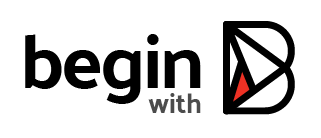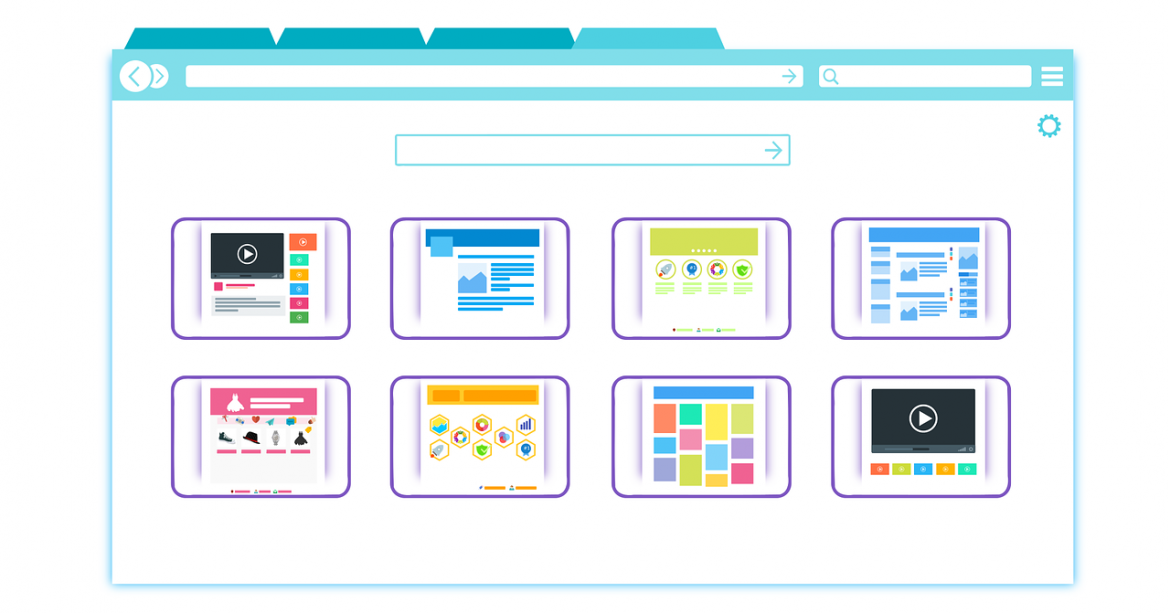With the growing presence of online media, the internet has become the go-to source for information and entertainment. Because most of the world’s population is connected through the digital medium, thousands of markets, brands and companies use this platform to advertise, sell, and even hire for their businesses. There are many ways to achieve this online branding, but here we will talk about the easiest and most convenient: creating Favicons.
Favicons are tiny graphic images that appear in browsing search results that display the logo for a company, business, or website. These images can be likened to an ID of sorts for the website you wish to visit pertaining to the respective company or brand you wish to access. Favicons have proven to be the most identifiable aspect of a company’s website because users and consumers alike determine whether the source is reliable through how well the website is constructed and how distinct and recognizable the logo in a favicon may appear. Favicons also provide users a quick access point as they can immediately identify the image rather than pouring through their web browser history or bookmarks.
Creating a favicon for your company’s website is essential in creating productivity. In today’s society, the most effective way to grow, expand, and expose your brand is to have an endless flood of people constantly visiting your online platform. Creating a favicon saves users a ton of pointless effort as they are the most effective at making your site easily identifiable and attainable. Many companies or websites that lack a favicon often suffer in search engine rankings simply because a blank image in place of a distinct favicon will deter customers. With respect to the consumer’s perspective they will not appear legitimate, and the consumer often will not want to go through the hassle of trying to find the site again once they have logged off from their browsers. This lack of exposure and awareness will inevitably hurt your brand.
The use of favicons can also be directly correlated with how consumers use bookmarks. Bookmarks are often created when the consumer wishes to revisit a company’s website regularly or in the near future. Consumers are less likely to store URLs to websites that do not contain a favicon because they will likely forget what the site was stored for or because the blank image immediately causes the consumer to deem the information on the website unreliable and not worth storing for future use. Once more, this will hurt your brand as the lack of a high search ranking signal forces your company’s site to become the last to be displayed in a search bar or search results.
With the ever-expanding realm known as the internet, it is important to utilize as many tools as possible when expanding your brand. With billions of people all over the world with access to unlimited information, it goes without a shadow of a doubt that a company, brand, or market, must be willing to make their material as readily identifiable and accessible as the next. Among the many steps that must be taken in doing so, creating a favicon is the easiest and most effective.


